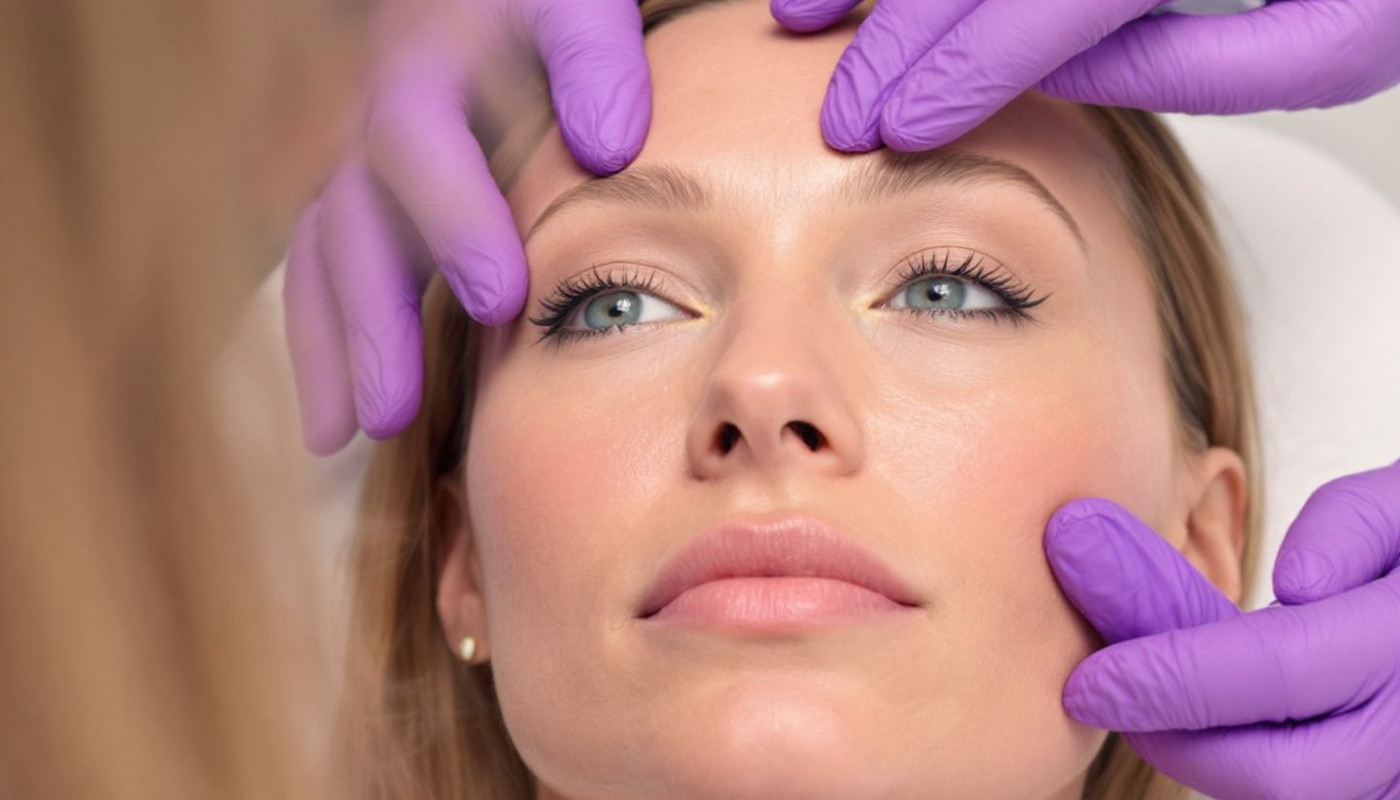Table of contents
In today's era, where massive advancements in science and technology have shaped almost every aspect of our lives, its impact on the cosmetic industry is no less significant. The development of natural beauty products can be seen as a testament to this fact, combining scientific research with nature’s bounty to create healthier options for skin and hair care. As consumers become increasingly aware of the potential harm caused by chemicals commonly used in conventional beauty products, many are turning towards more eco-friendly alternatives that utilize naturally-derived ingredients. However, understanding how these natural beauty products work requires delving into the underlying science behind them. This fascinating interplay between biology and chemistry has led to the emergence of an array of effective formulations designed not only to enhance aesthetic appeal but also improve overall health.
Understanding Natural Ingredients
Natural ingredients in cosmetics primarily emanate from various sources such as plants and minerals. They are often preferred due to the perceived benefits over synthetic components. One significant advantage includes fewer side effects associated with their use. Plant-derived ingredients, for instance, are rich in phytochemicals, essential oils, and antioxidants that are beneficial for skin health. The use of minerals in cosmetics is also gaining popularity due to their longevity and pigmentation properties. The term "natural" in cosmetics implies that these ingredients are safer for human use as they are less likely to cause harm or adverse reactions compared to their synthetic counterparts.
For example, lavender, a plant-derived ingredient, is commonly used in various skincare products due to its soothing properties and pleasant fragrance. Similarly, minerals like zinc oxide and titanium dioxide are used in sunscreens due to their ability to reflect UV rays, providing effective skin protection. In this context, 'Safe cosmetics' refers to products formulated with such natural components that are typically harmless and beneficial for the skin.
The Science Behind Their Effectiveness
Natural beauty products have gained significant recognition for their role in promoting skin and hair health. The effectiveness of these products lies in their unique interaction with the body at a cellular level. Science has facilitated our understanding of these interactions and their subsequent benefits.
One of the main components of these products are antioxidants, which play a vital role in combating harmful free radicals. These free radicals are known to cause cellular damage and premature aging. Scientific research has confirmed that the topical application of antioxidants, made possible through natural beauty products, can neutralize these radicals, thereby protecting the skin cells.
In addition to antioxidants, natural beauty products are also rich in essential vitamins and nutrients. These bioactive compounds promote cell regeneration. When applied to the skin or hair, they provide much needed nourishment to the cells, encouraging them to regenerate and thrive. This process is particularly beneficial for the 'Epidermis', the outermost layer of skin, which is often most subjected to environmental insults.
Moreover, another significant feature of natural beauty products is their ability to cleanse without stripping away necessary oils from your skin or hair. Many commercially available products may leave your skin or hair overly dry due to the removal of these essential oils. However, natural beauty products, enriched with these oils, ensure a gentle cleaning process that preserves your body's natural moisture.
Thus, the science behind natural beauty products reveals a complex and beneficial interaction at the cellular level, providing a compelling reason for their growing popularity.
Role Of Biotechnology In Development Of Natural Beauty Products
Modern science is witnessing a paradigm shift towards harnessing the power of biotechnology to revolutionize the world of natural beauty products. Biotechnology plays a pivotal role in the extraction, purification, production and synthesis of plant compounds for skincare and haircare purposes. This field of science employs cutting-edge techniques to process and produce beauty products that are not only beneficial for human skin and hair but also promote environmental sustainability.
One of the most innovative biotechnological techniques is 'Biofermentation'. This method uses microorganisms to convert raw materials into desired products. Biofermentation can produce high concentrations of plant compounds, amplifying their benefits. It fosters the creation of efficient, cost-effective, and natural beauty products.
There is also a growing interest in 'Green Chemistry' within the cosmetics industry. This approach emphasizes the design of products and processes that minimize the use and generation of hazardous substances, fostering a symbiosis of beauty and sustainability. This not only aligns with the global drive towards reducing environmental impact but also meets the increasing consumer demand for 'clean' and 'green' beauty products.
In 'Tissue Culture Engineering', scientists cultivate plant cells in a laboratory setting to produce bioactive compounds. This method ensures a consistent supply of plant compounds for the development of beauty products, irrespective of seasonal variations. It also eliminates the need for extensive land use and pesticides, further buttressing the environmental sustainability of the process.
In essence, biotechnology is the backbone of the burgeoning natural beauty products industry. It provides efficient and sustainable methods like Biofermentation, Green Chemistry and Tissue Culture Engineering to develop beneficial, natural and environmentally friendly beauty products.
Similar articles

How Non-Invasive Face Sculpting Techniques Can Rejuvenate You

What is biohacking diet?

